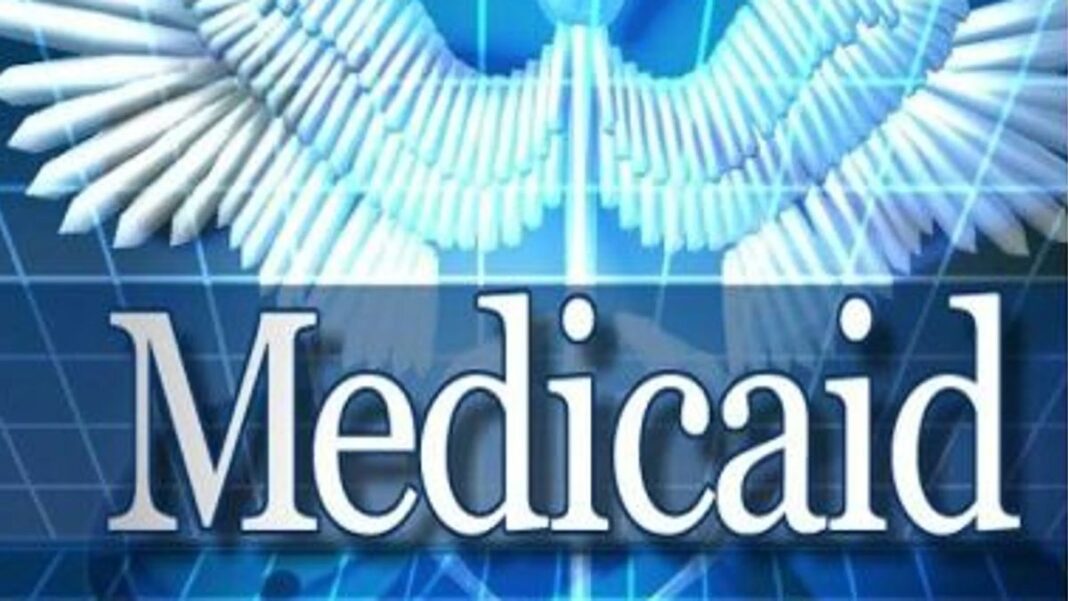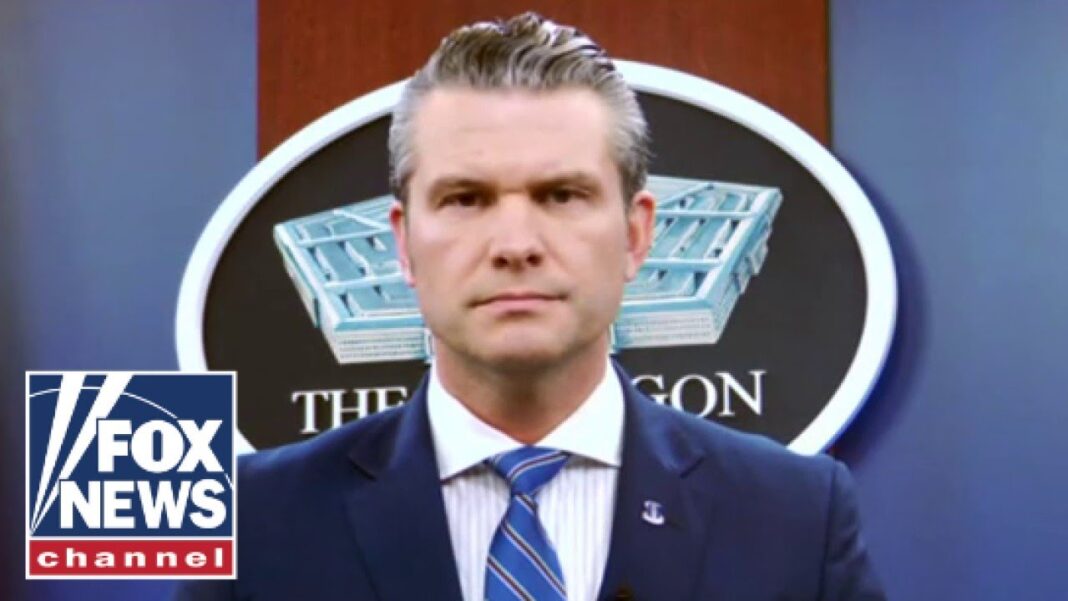Medicaid suffers from fraud, although payment errors may cost even more.
Medicaid Improper Payments Types 2024
Billions of Dollars
President Donald Trump aims to reshape the federal government in part by dramatically cutting spending. Health care is an appealing target for cost-cutting because it accounts for about 30 percent of the federal budget.
The United States spent more than $1.8 trillion on Medicare, Medicaid, and other health programs in 2023. The budget deficit was $1.7 trillion that year.
Medicaid alone accounts for $616 billion in federal spending, or 8 percent of the federal budget.
Medicaid is a federal and state program providing health coverage for about 80 million low-income U.S. citizens. States operate the program with oversight from the federal government, which reimburses states for a certain percentage of the amount spent for each beneficiary.
In 2022 the total cost of the program was $804 billion. States paid 29 percent of that amount, making it the largest single expense for all states.
As federal budget negotiations are now underway, some lawmakers have hinted at changes to Medicaid, such as placing a cap on the amount reimbursed per person, cutting the rate of reimbursement to states, or adding work requirements for some beneficiaries.
Meanwhile, Trump has said there will be no alterations to Medicaid—or Medicare and Social Security—except to root out fraud.
So how much fraud, waste, and abuse exist in the Medicaid program?
It is difficult to determine because much fraud goes undetected.
Based on data from the Government Accountability Office and the Office of Management and Budget (OMB), it appears that less than 3 percent of the estimated total of fraudulent payments are proven by a judicial verdict. Some suspected cases are resolved by out-of-court settlements, but much fraud appears to go undetected.
Beyond fraud, Medicaid loses billions through improper payments each year. In 2024, Medicaid made improper payments totaling more than $31 billion dollars, the Department of Health and Human Services reported.
Most of those payments resulted from clerical errors. However, improper payments include all types of erroneous payments, including fraud, abusive billing, and waste.









